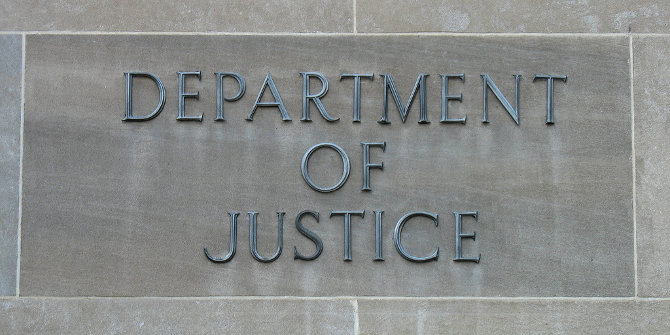
Whistleblower Actions Responsible for Over $2.1 Billion in False Claims Act Recoveries
Whistleblowers continue to play an essential enforcement role, with over $2.1 billion of the total recoveries coming as a result of qui tam actions filed under the False Claims Act. DOJ paid out $265 million in awards to whistleblowers who exposed fraud and false claims by filing these actions.
DOJ emphasized that whistleblowers play a “critical role” in “identifying new and evolving fraud schemes that might otherwise remain undetected.” It further acknowledged that “[t]axpayers have benefitted greatly from these individuals who are often required to make substantial sacrifices to bring these schemes to light.”
The number of lawsuits filed by whistleblowers under the qui tam provisions of the False Claims Act has grown significantly since 1986 when the law was amended. While FY 2019 was not a peak year for filings (that was FY 2013, with 757 cases filed), there were 633 new qui tam suits filed in FY 2019, the eighth straight year that there have been over 600 filings.
Health Care Fraud on Top With $2.6 Billion in Recoveries
Health care fraud continues to be the biggest area of recoveries: of the more than $3 billion recovered, $2.6 billion came from matters involving the health care industry. Remarkably, FY 2019 is the tenth consecutive year that DOJ’s civil health care fraud settlements and judgments have exceeded $2 billion. The recoveries came from all areas of the health care system, including drug manufacturers, medical device companies, labs, rehabilitation facilities, hospitals, physicians, compounding pharmacies, and electronic health record software vendors. Among the largest recoveries were a combined total of $695 million from manufacturers of opioids and a combined total of over $624 million from seven drug manufacturers, including US Worldmeds LLC , to resolve claims that they illegally paid patient copays for their own drugs through purportedly independent foundations that the companies in fact treated as mere conduits.
Procurement and Other Areas of Fraud Still Important to DOJ
While not as large as health care fraud recoveries, DOJ stressed that, in addition to combatting health care fraud, “the False Claims Act serves as the government’s primary civil tool to redress false claims for federal funds and property involving a multitude of other government operations and functions.” Specifically, DOJ noted that “The Act helps to protect our military and first responders by ensuring that government contractors provide equipment that is safe, effective, and cost efficient; to protect American businesses and workers by promoting compliance with customs laws, trade agreements, visa requirements, and small business protections; and to protect other critical government programs ranging from the provision of disaster relief funds to farming subsidies.”
Among the highlights in these areas were a variety of fraud matters involving the government’s purchase of goods and services including: five South Korea-based companies paid over $162 million to resolve allegations that they overcharged the United States Department of Defense for fuel supply services in South Korea; an aluminum extrusion manufacturer paid $34.6 million for causing a government contractor to invoice NASA and the Department of Defense’s Missile Defense Agency for aluminum extrusions that did not comply with contract specifications; and a defense contractor paid over $27 million for overcharging labor hours on two battlefield communications contracts with the United States Air Force. In addition, Duke University paid $112.5 million for fraud in connection with federal grants by the National Institutes of Health and Environmental Protection Agency.
Shared Commitment Leads to False Claims Act Recoveries
We join DOJ in applauding the commitment of public servants throughout the government who have dedicated themselves to this important work. In representing whistleblowers, we see firsthand the professionalism and dedication of government attorneys, investigators, and others. We share their commitment to exposing fraud and recovering government funds on behalf of taxpayers.
